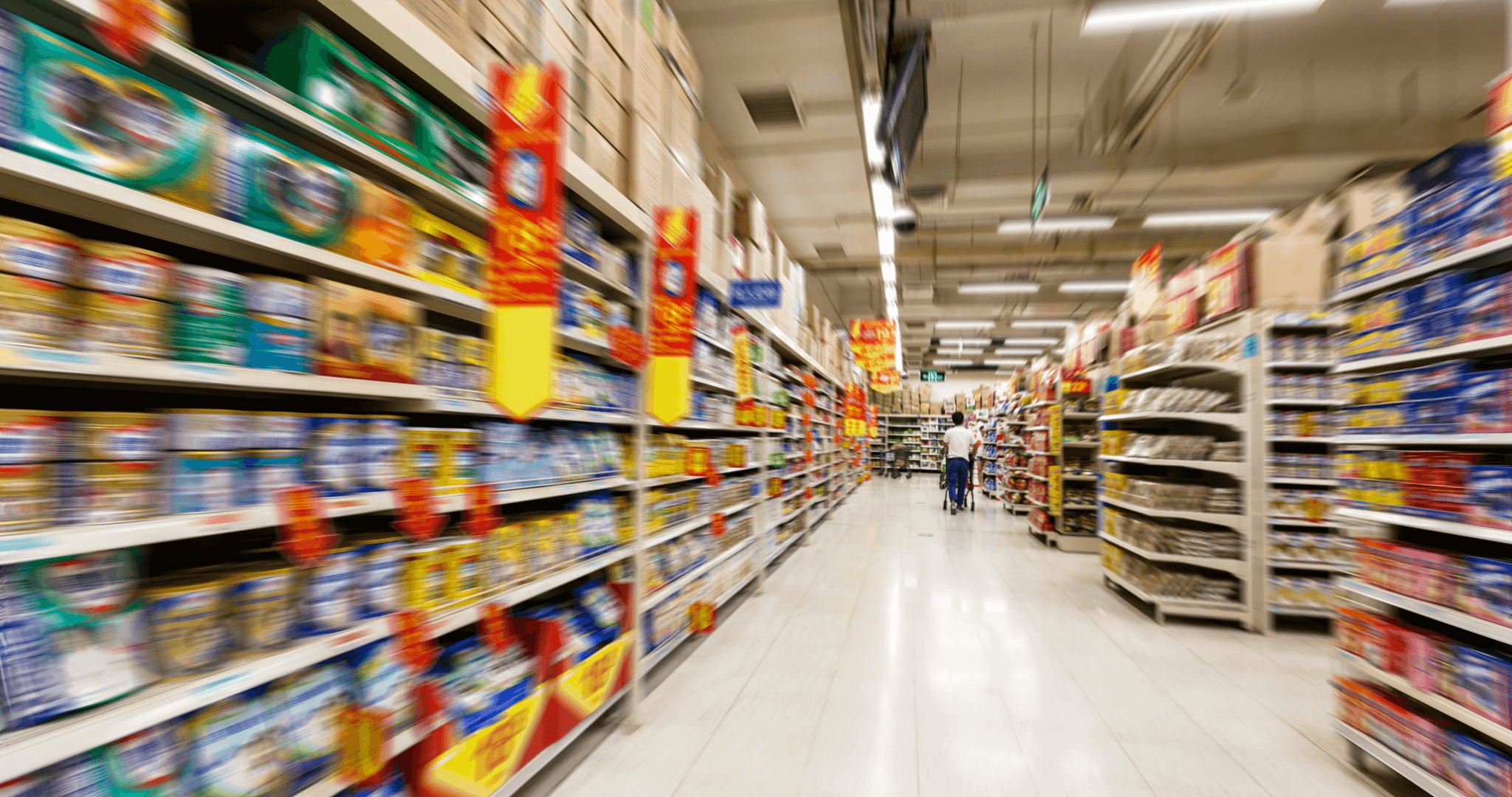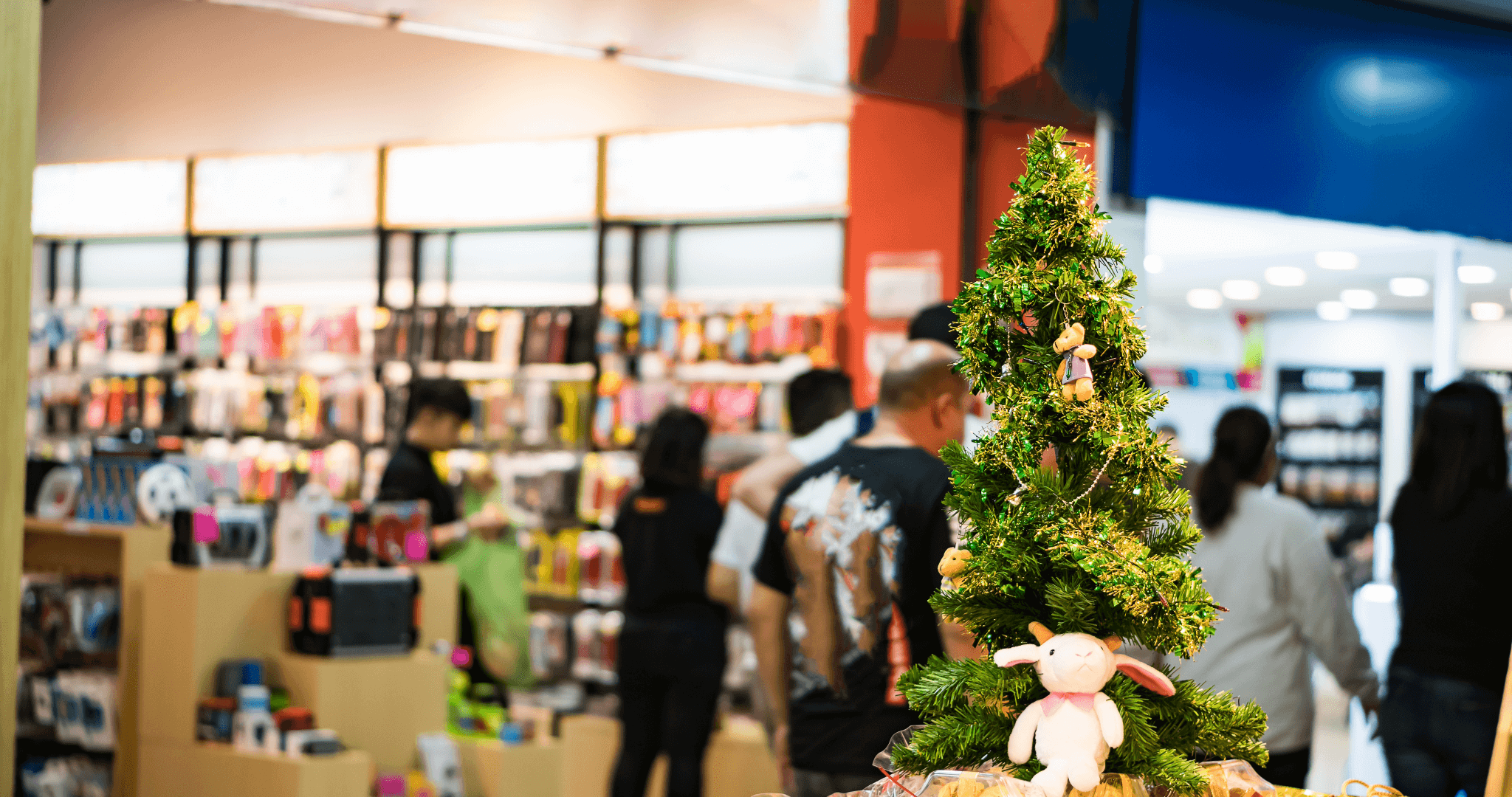Festive Feast: UK Grocery Stores Hit Highs Not Seen Since 2019
Posted by Emily on 3rd Jan 2024 Reading Time:
British supermarkets experienced their most bustling Christmas season since 2019, as reported by Kantar. In the four weeks leading to December 24th, there were 488 million grocery store visits, with a staggering £13.7 billion in sales. This surge in shopping occurred despite a significant drop in food price inflation to 6.7% in December, the fastest decline Kantar has ever observed. While the average British household spent £477, the financial strain remains considerable for many.

Kantar highlighted that December 22nd saw an impressive 25 million shopping trips, underscoring a strong demand for traditional Christmas fare. Items like parsnips, sprouts, potatoes, and festive meats, including pigs in blankets and turkeys, saw increased consumption. However, mince pies and Christmas puddings bucked the trend with decreased popularity. Fraser McKevitt of Kantar noted that while the classic festive meal remains largely unchanged, these exceptions were notable. This aligns with BBC research indicating a 25% rise in mince pie prices, attributed to heightened costs in wages, packaging, and production.
Retail promotions played a key role, with nearly a third of expenditures made on discounted items. The average household's grocery spending in December exceeded that of the previous year by £28, reflecting a 2% increase in purchased items. Market share gains were evident among major players like Tesco, Sainsbury's, Aldi, and Lidl. Tesco leads with 27.6% market share, followed by Sainsbury's at 15.8%, its highest since December 2020. Sales of premium product ranges, such as Sainsbury's Taste the Difference and Tesco Finest, rose significantly, contributing to 5.7% of total grocery sales.
Discount supermarkets Aldi and Lidl reported record Christmas trading, driven by demand for affordable luxury items. Aldi's sales in the UK exceeded £1.5 billion, a first for the company. Similarly, Lidl celebrated its most successful Christmas since its UK debut 1994. Both chains benefitted from the public's pursuit of lower prices and luxury items like beef rib and macarons. Their robust sales figures, however, include the impact of new store openings.
These trends reflect ongoing financial pressures on households despite a general easing in the cost of living. The British Retail Consortium (BRC) noted a significant slowdown in food price increases in December, likely due to competitive pricing strategies among retailers. The BRC-Nielsen IQ Shop Price Index reported a drop in food inflation to 6.7% in early December, marking the eighth consecutive decrease.

Despite these trends, many households continue to face challenges with rising energy and food bills and higher borrowing costs. According to BRC chief executive Helen Dickinson, retailers will strive to keep prices low in 2024 but will face hurdles such as new EU border checks and increased business rates. In summary, while inflation has receded from its 2022 peaks, it remains notably above the Bank of England's 2% target, indicating continued financial challenges for many British households.

